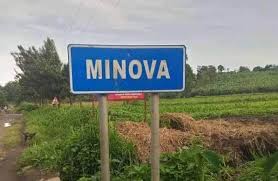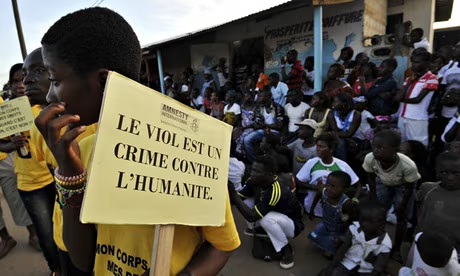The Adamu Garba and Ors v Federal Attorney General of Nigeria and Ors constitutional case will be heard on the 14th March 2011 before Hon. Justice Mohammed Lawal Shuaibu.
Adamu Garba and 20 other Nigerian citizens are suing the Federal Government of Nigeria and 13 state and local governments for discrimination caused by their support of the indigene/settler divide.
Claiming their right to protection from discrimination, the 21 persons are asking the Federal High Court in Kaduna to enforce their constitutional rights. They are suing the Federal Government, the Federal Character Commission, Plateau, Kaduna, Kano and Katsina states, and Jos North Local Government Area (LGA), Shendam LGA, Kaduna South LGA, Giwa LGA (Kaduna), Fagge LGA (Kano), Kumbotso LGA (Kano), Nassarawa LGA (Kano) and Tarauni LGA ( Kano).
The complainants are challenging their arbitrary classification as “settlers” or “non-indigenes” by their respective states. This government practice denies them their fundamental human rights under Nigeria’s 1999 Constitution and African and international human rights law. They are asking the Federal High Court to order the full recognition and respect of their rights, and those of all Nigerians suffering similar discrimination.
The complainants claim they have lived in their respective states for decades and some families for more than a century. Yet they are still classified as “settlers” and denied the dignity of belonging to a place they call home. They are made to go through long and rigorous processes to get indigene certificates, only to be humiliatingly denied these documents. This denial is not based on any objective criteria.
Without a certificate of indigeniety, access to state scholarships, employment particularly in the public sector and even admission to public educational institutions is barred. Yet as citizens of Nigeria and of their respective states they are entitled to these facilities. Treated as second class citizens, it is not uncommon for the neighbourhoods of “settler” communities to be denied infrastructure and essential social amenities while those of “indigene” classified communities are adequately endowed.
“Non-indigenes” are in addition routinely denied other state-issued documentation like title deeds for lands, business licences and their cultures threatened by refusal to installation of traditional chiefs and renaming of locations.
Their experience is replicated in the lives of hundreds of thousands, probably millions of other Nigerians faced with similar predicaments. The indigene-settler divide creates the curious situation where full Nigerian citizens are still denied their roots in the locations their families have know for up to more than 100 years.
Legal update
The Applicants are all residents of Plateau, Kaduna, Kano and Katsina States and Jos North (Plateau), Shendam (Plateau), Kaduna South, Giwa (Kaduna), Fagge (Kano), Kumbotso (Kano), Nassarawa (Kano) and Tarauni ( Kano) local government areas for decades (and their families sometimes for centuries). They seek an order for the enforcement of their fundamental human rights. They contend that these rights are enshrined in the Constitution of the Federal Republic of Nigeria 1999 and other laws, including the African Charter on Human and Peoples’ Rights Act 1995 (Federal Laws of Nigeria, Cap. 10). They also base their claims on international law, including the African Charter on Human and Peoples’ Rights (ACHPR), the International Covenant on Civil and Political Rights (ICCPR), the International Covenant on Economic, Social and Cultural Rights (ICESCR) and the Universal Declaration of Human Rights (UDHR).
Five out of the fourteen Respondents (the 1st, 3rd, 7th and 8th and 13th Respondents) have entered appearance. Counsel for the 3rd, 7th, 8th and 13th Respondents filed preliminary objections challenging the jurisdiction of the Federal High Court to hear the matter. The preliminary objections and the application are to be heard on the 14th March 2011.





